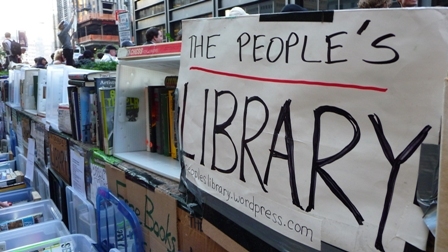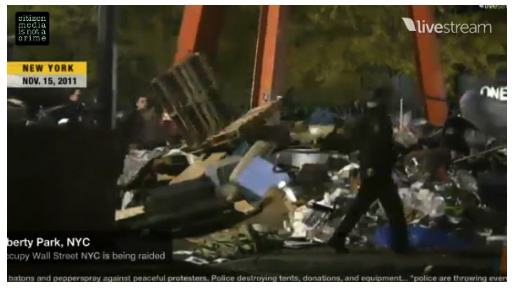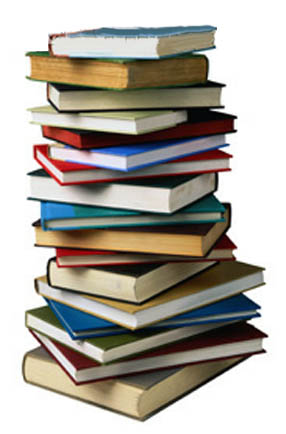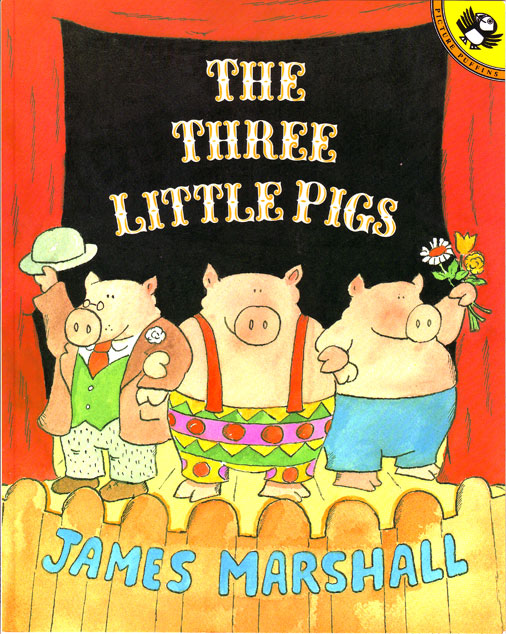Harry Potter, Seriously
Children’s literature is literature. Intelligent adults already know this. However, as those of you who study or write or teach children’s literature are well aware, the world is full of alleged grown-ups who insist on spreading the myth that children’s literature is not literature, and (thus) cannot be studied as such. A week or so




